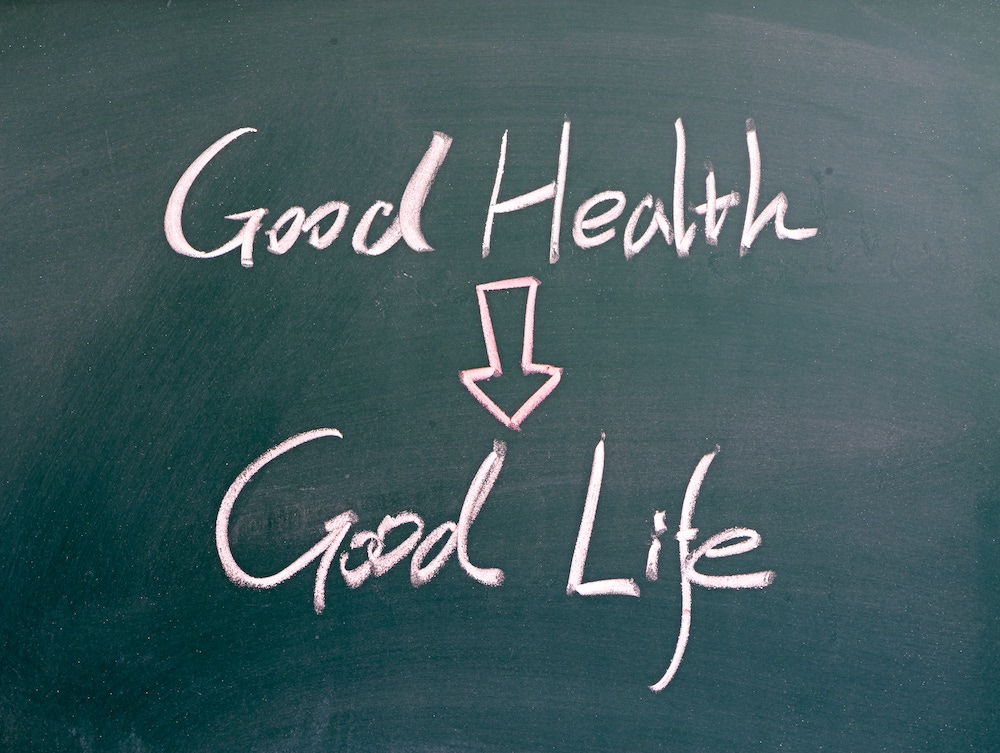5 Ways to Lose Weight Faster
Valentine’s Day is over, and the chocolate is gone. Most of us have dropped our New Year’s resolutions and have settled back into our old routines. Most of us are unhappy with this turn of events and wish we had a few quick fixes.
We all want to look great and feel a sense of vitality each day, but how many of us are doing what we need to be doing to feel great? One of the first steps to feeling better is to create a healthy and robust physique and the good habits to keep it.
Weight loss is one of the most significant challenges many of us face. Whether you’re just getting started or you’ve been on the journey for a while but hit a plateau, weight loss is always tricky.
Things like age, gender, current medical issues, and metabolism come into play and can alter the likelihood of success. However, there are some very fundamental ways to lose weight faster. This is not rocket science, and it is not hard, but also it is not easy. It takes planning, and it takes a commitment to be a little better every day.
Try these techniques:
- Count your macronutrients. Perhaps the most challenging aspect of weight loss is maintaining a clean and healthy diet, and it can be challenging to stay on track when there’s a fast-food drive-thru on every corner.
● Tracking your macronutrients is one of the best ways to ensure you’re providing your body with everything it needs and nothing it doesn’t.
● Most people’s most effective macronutrient split is 45% carbs, 35% protein, and 20% fat. Do your best to avoid saturated fats or trans fats, as these are generally accompanied by weight gain.
- Increase your NEAT. NEAT stands for Non-exercise activity thermogenesis. On a fundamental level, this is the number of calories your body uses on a daily basis for everything that is not intentional exercise.

● For example, An individual who works a labor job would have a much higher NEAT than someone who works a desk job. They are constantly moving and staying active. If you can increase your NEAT through simple activities like taking the stairs or walking your dog more often, you can improve your metabolism and weight loss.
- Lift weights. Far too many people are scared of lifting weights. Not only are weights one of the most effective tools for developing lean muscle mass, but they’re also a great way to keep your metabolism moving all day long.
● Cardio training is essential to your workout program, but the inclusion of traditional strength training with weights will be very beneficial to your success in weight loss.
- Supplement with L-Carnitine. Supplementing should be used sparingly and only when it is absolutely needed.
● With that in mind, research on l-carnitine has yielded some very positive results. It seems that this amino acid can be very effective in promoting more significant states of fat oxidation, enabling you to burn more fat and utilize it as energy, leading to weight loss. Always consult your physician before adding supplements with your current medications.
- Drink water. The most overlooked component to any health goal is always hydration, and our bodies are about 70% water. Without a hydrated body, you’ll struggle to perform, recover, lose weight, and you may even feel fatigued more often.
● It’s essential to drink 6-8 glasses of water daily and eat foods such as fruit and vegetables (since they are primarily water) to maintain hydration, balance pH, and maintain electrolyte balance.
Many people face struggles when they want to live a healthier life are real. In an ever-changing world with a sedentary life is becoming more popular.
Even so, you can surpass your weight loss goals by tracking your results and putting yourself in a position of success. Use these techniques to enable your success. Track your macros, be more physically active each day, stay hydrated, train with weights, and supplement when needed.
Consistent efforts over time will yield consistent results! If not now, when? Food journaling, or mindful eating, helps you remember what you ate that day. You can see where you can improve, and it will let you know if you are eating too much or NOT enough. You cannot manage what you do not measure.



